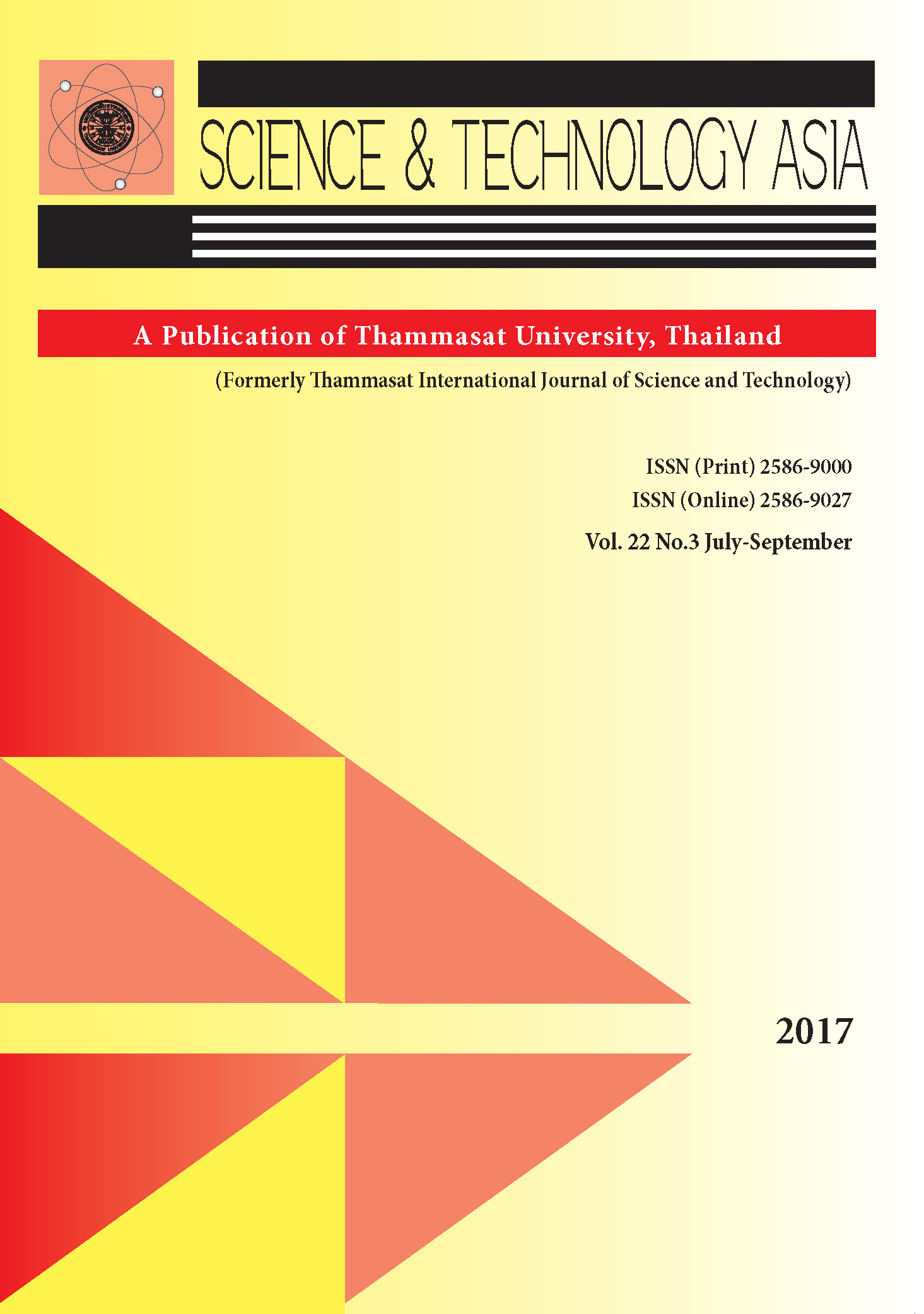Price Determination of Electricity Supply in Thailand Based on Externalities, Wheeling Charges, and Losses
Main Article Content
Abstract
In Thailand, the electricity rates imposed on end users do not adequately reflect generation technology, externalities suffered by localities, and the transmission of electricity across distances. Thus, this study proposes a new method to determine the price of electricity supply which differentiates among end users in Thailand by area or zone, thus offering choices in matching import with demand and establishing fairness for those affected by the undesirable effects of power generation. The cost of electricity incurred in each zone is calculated based on whether a given zone has the potential to be an exporter or importer of electric energy, which is evaluated on an annual average basis and is a combination of technology-specific, levelized cost of electricity (LCOE)-based generation cost and external cost. In addition, electricity importers must incur wheeling charges and losses when importing to match their deficits. Calculation results show significant reductions in electricity rate imposed on the exporter zones as a compensation of externalities suffered and delivering their excess to help those in deficit through the proposed price and export–import scheme. Policy recommendations from the study are intended to alleviate conflicts of interest of all stakeholders within the country’s power sector, to encourage public participation and local authorities’ involvement in the planning of power generation facilities, which will also comply with the latest Constitutions and provide suggestions for the Power Development Plan.
Article Details
How to Cite
Payakkamas, P., Bangviwat, A., Menke, C., & Trinuruk, P. (2017). Price Determination of Electricity Supply in Thailand Based on Externalities, Wheeling Charges, and Losses. Science & Technology Asia, 22(3), 49–64. retrieved from https://ph02.tci-thaijo.org/index.php/SciTechAsia/article/view/102109
Section
Engineering


